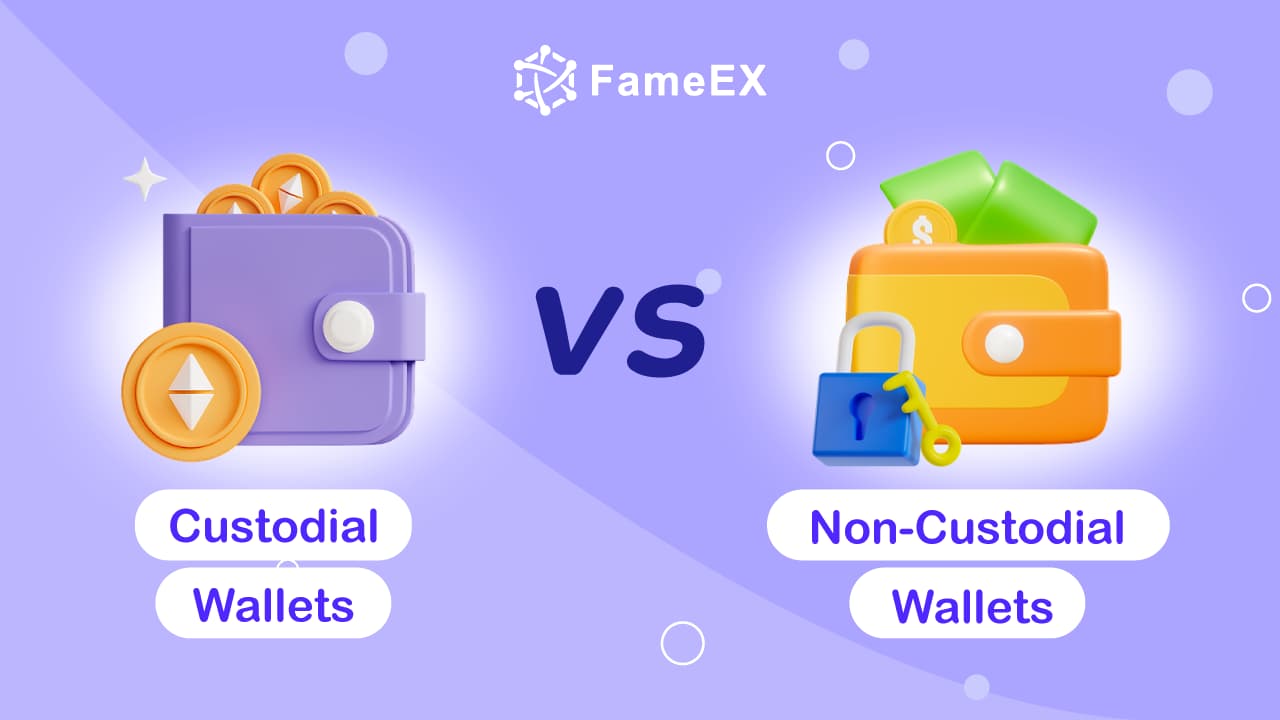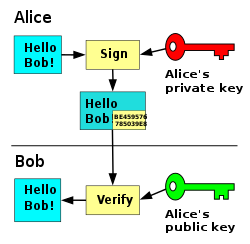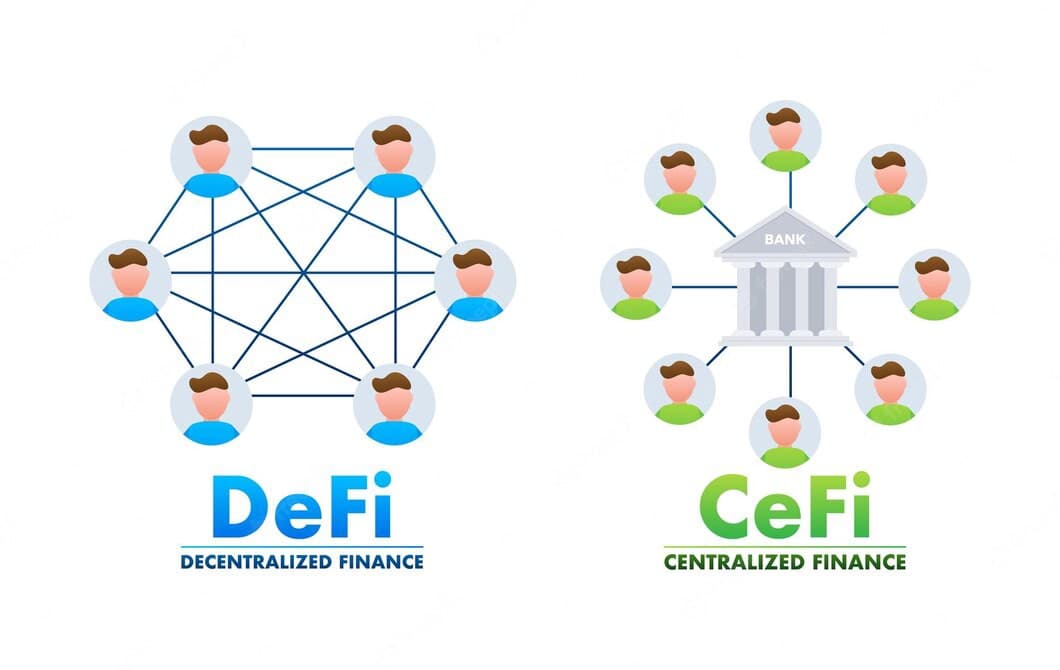Custodial vs Non-custodial Wallet - What's the non custodial wallet?
2023/05/24 14:57:35
Introduction
Crypto wallets come in many different form, but can broadly be classified as either custodial or non-custodial. If you are crypto holders, you've likely already used a crypto wallet. But unlike a regular wallet, which might hold your cash and credit cards, a crypto wallet doesn't actually store your cryptocurrency. Rather, it provides access to your funds on the blockchain and allows you to initiate crypto transactions.
What is a custodial crypto wallet?
Custodial wallets are usually web-based and provided by centralized crypto exchanges. Most exchanges’ interfaces are designed so users never have to directly interact with their wallets. This user-friendliness means custodial wallets are generally preferred by casual cryptocurrency users, who appreciate the convenience of not having to manage their private key themselves.
Wallet holders who use custodial wallets can rest assured that a forgotten or lost password does not mean they will lose access to their funds. In most cases, providers or exchanges can reset your password with a few security questions. If a non-custodial wallet holder loses their private key, their funds may be unrecoverable.

Wikipedia
With a custodial wallet, a user simply logs in to the web platform of their wallet provider and can initiate a transaction to any other wallet. The custodial wallet provider maintains a number of safeguards and checks that ensure to the maximum extent that no mistakes are made and no funds are lost.
Receiving coins to a custodial wallet is just as simple. The user logs in to the wallet provider, selects the coin type, and then is provided with a deposit address. After a certain number of blockchain confirmations, the deposited funds will be available in your wallet.
Notable custodial services
There are many custodial wallet providers to choose from. Most of these are either exchanges or CeFi platforms. Exchanges allow you to buy and sell cryptocurrencies. CeFi platforms, or “Centralized Finance” platforms let you stake your cryptocurrency holdings and provide you with interest for your holdings. CeFi platforms also provide services such as crypto backed credit cards, loans and other investment opportunities.

blog.vaulthill.io
One of the notable custodial wallet services you might like to try is the CeFi platform NEXO. This platform lets you earn interest on 40 different cryptocurrencies. They also provide loans backed by your crypto holdings and a crypto backed debit card. There’s also the NEXO token which gives you the ability to earn higher interest rates while holding the token you can sign up at nexo.io.
Another notable custodial wallet provider is FAMEEX. Our exchange provides more than 70 popular cryptocurrencies to trade with spot, margin and options trading. There’s also AI bot strategies which let you earn money from your holdings in a risk free way. The wallet is capable of holding a wide range of cryptocurrencies and there are multiple layers of security to keep your coins safe such as 2-factor authentication, whitelisted addresses and secret phrases. There is also a convenient mobile app so you can access your crypto wallet from anywhere. Signing up for a FAMEEX account is easy and free, all you need is an email address!
What is a Non-custodial Wallet?
Non-custodial wallets also self-custody wallets.
A non-custodial wallet is a type of crypto wallet where the user has full control over their funds and no third party holds custody. This means that users are solely responsible for their funds, eliminating the risk of losing them due to exchange hacks or careless custodians the wallet gives the user complete control over their private keys. In contrast, a custodial wallet requires customers need to trust a third party to securely store your crypto assets.

ledger.io
The main advantage of using non-custodial wallets is that users are in charge of their own security, making it easier to keep their private keys safe and secure. There are a few different types of non-custodial wallets, but the most secure is a hardware wallet. Hardware wallets look like USB thumb drives, and they're only online when they're connected to a computer or mobile device. The private key is used to sign transactions within the device, and then the transaction is sent to the blockchain to be confirmed. This makes hardware wallets that are non-custodial virtually impervious to hackers.
The most popular examples of non-custodial wallets include hardware wallets such as Ledger Nano S, desktop wallets like Exodus, mobile wallets such as Trust Wallet, and web wallets like MetaMask. With these types of wallets offer users can access to your crypto assets securely without relying on any third party services or intermediaries.
Notable non-custodial wallet providers
If you need to store Bitcoin, Electrum wallet is a good choice. It’s an advanced wallet that allows you to import and export your private key easily. If you want to store Ethereum, a popular choice is Metamask wallet. This wallet is a browser extension and mobile app that lets you interact with web3 enabled apps on the internet. Another type of wallet is a hardware wallet for example the Ledger hardware wallet. Although quite expensive, this wallet is very secure and can hold multiple cryptocurrencies.
What's the difference between custodial and non-custodial crypto wallets?
A custodial wallet takes care of security and private keys and provides a portal through which you can access your coins, whereas a non-custodial wallet leaves security and private keys up to the user and provides an interface to create blockchain transactions.
Non-custodial wallets are more suited to crypto users who know what they are doing and allow more advanced types of blockchain interactions such as connecting to dApps and DEXes. Custodial wallets give peace of mind in that all the security is taken care of, yet still provide access to a wide range of financial tools such as trading and staking.
What are the benefits of custodial wallets?
• No chance of losing your private keys.
The custodial wallet provider handles everything, you just need to log in.
• Capable of holding a wide range of cryptocurrencies on different networks.
One account can hold every type of cryptocurrency. Deposit and withdrawal addresses are handled by the wallet provider.
• High security with 2FA and whitelisting addresses.
Custodial wallets put safeguards in place so no one can just access your account with your password.
• Can access your coins on any device just by logging in.
Your wallet is available online anywhere, your coins are not tied to a single device.
• Regulatory compliance.
Exchanges are increasingly requiring funds to come from custodial wallets.
What are the benefits and limitations of non-custodial wallets?
• Relative anonymity.
Anyone can install and use a non-custodial wallet just like a piece of software.
• Complete control over your cryptocurrency.
Private keys are under your control. Everything is the user's responsibility.
• Own your private key
Private keys are under your control. Everything is the user's responsibility.
• Withdrawal right away
If you ever want to withdraw your crypto coins but cannot be a long time, non-custodial wallets offer fast withdrawals.
• Usually only stores one type of cryptocurrency.
Each coin will have its own individual wallet software. Storing 20 different coins on non-custodial wallets could get very complicated.
• Security is up to the user, they need to take care of their private key.
Non-custodial wallet users need to store your seed phrase and private key in a safe place. Don’t accidentally download a fake wallet in case a virus which steals your private key.
what are private keys?
A private key is a unique and secure cryptographic code that serves as a password to access information or resources. It is used in combination with a public key, which is widely known, to provide an extra layer of security for data such as financial information or sensitive documents. Private keys are generated and held by the owner of the resource or account, and they are not shared with anyone else. They provide confirmation that the user attempting to access the resource is indeedCustodial vs. non-custodial wallet: which is right for you?
A crypto wallet type is a digital asset that stores your crypto investments. There are two main types of wallets, custodial and non-custodial. A custodial wallet is one where the user has less control over their funds as they are stored with a third party. If you want to access your coins at any time and from anywhere, signing up for a FAMEEX account and getting a secure custodial wallet will serve you better.
In contrast, non-custodial wallets allow users to have more control over their funds as they are stored in a private digital wallet. When deciding between custodial vs non-custodial wallet, it is important to consider what kind of security measures you are comfortable with and how much control you would like to have over your funds.
Security
Are custodial wallets safe to use?
Custodial wallets are a type of wallet that is hosted and maintained by a third-party provider. They offer convenience to users as all they need to do is provide the provider with their private keys in order to access their funds, but the safety of such wallets can be questionable due to the fact that users do not have full control over their funds. While custodial wallets may be safe for small amounts of money, it is generally advised against keeping large sums in them for long periods of time as accounts can be subject to certain risks such as hacking and theft. A user's security depends on the provider's security practices, so it is important to research a custodial wallet before committing funds to it. In conclusion, custodial wallets can be safe if used correctly, however it is highly recommended that users take extra precaution when trusting third-party providers with their funds.Is a non-custodial wallet safe?
A non-custodial wallet is a type of wallet that allows you to store your funds without relying on a third-party service or “custodian”. It provides users with full control of their assets and private keys, as well as the ability to manage their own funds. Non-custodial wallets are generally considered to be safe, as the user is solely responsible for their security. Unlike self custodial wallets, non custodial wallets do not have access to user information or funds, and therefore cannot be hacked or stolen from an outside source. As such, these types of wallets are perfect for those who prefer having complete control over their funds.Should you store crypto in custodial or non-custodial wallets?
When storing your crypto, it is important to understand the differences between custodial and non-custodial wallets. A custodial wallet is a digital wallet where a third party holds the private keys and manages the storage of digital assets. This provides extra security from hackers but also means you lose control of your asset. On the other hand, a non-custodial wallet is one where you have full control over your cryptocurrency as you are the only entity that has access to your private keys. Non-custodial wallets can provide more control and privacy but may not be as secure as a custodial wallet. Ultimately, choosing between custodial and non-custodial wallets should come down to personal preference and understanding of risk management.
This is not investment advice. Please conduct your own research when investing in any project.
